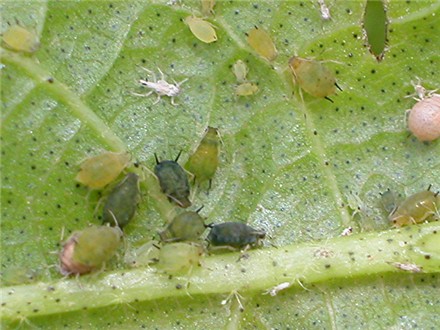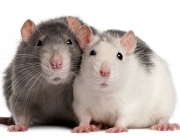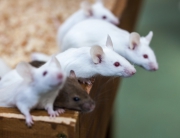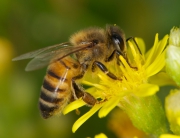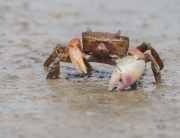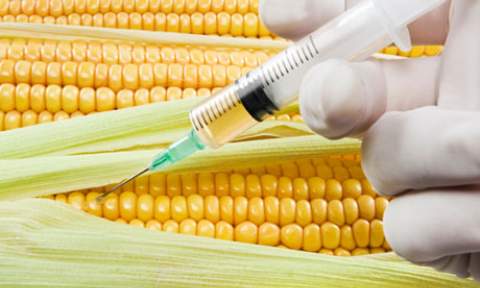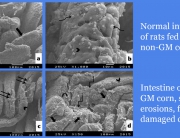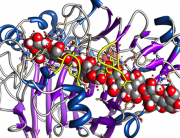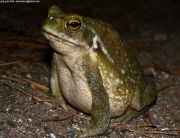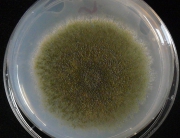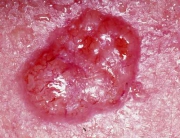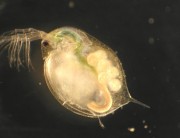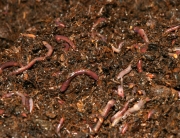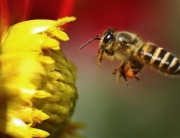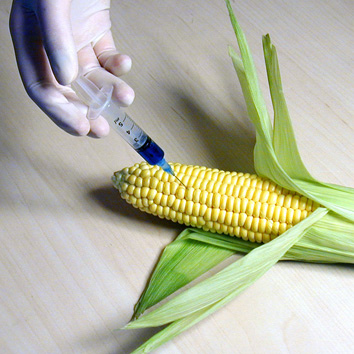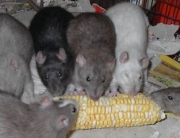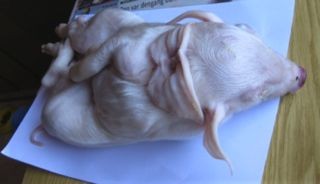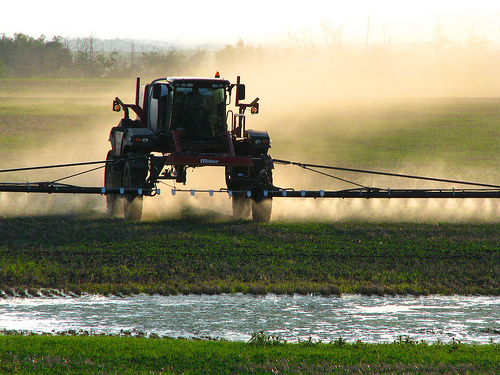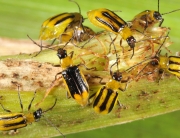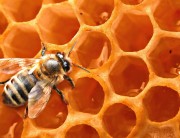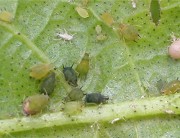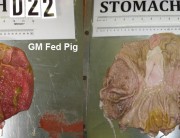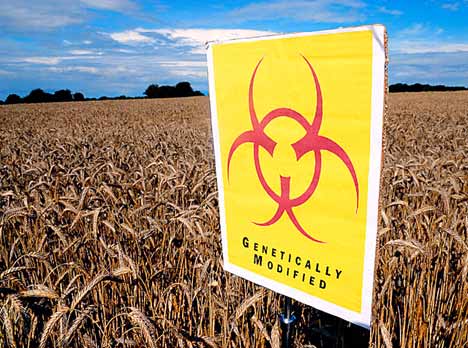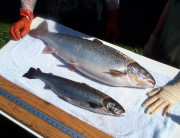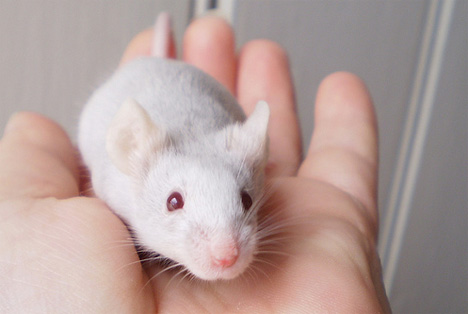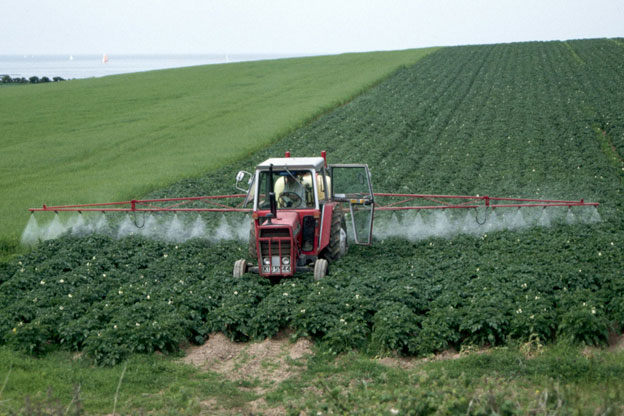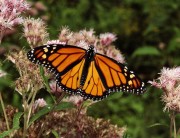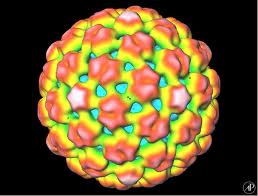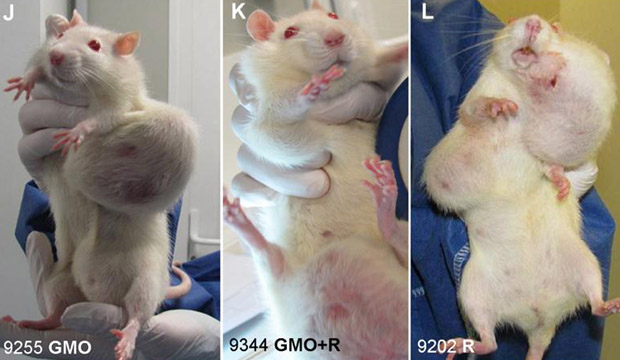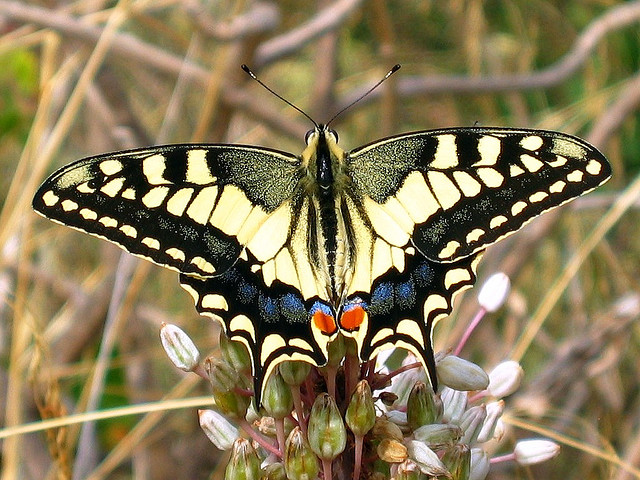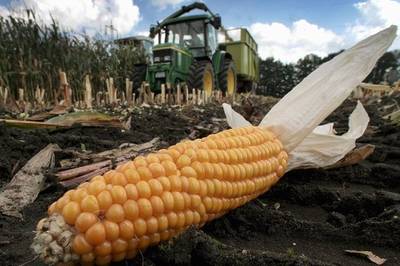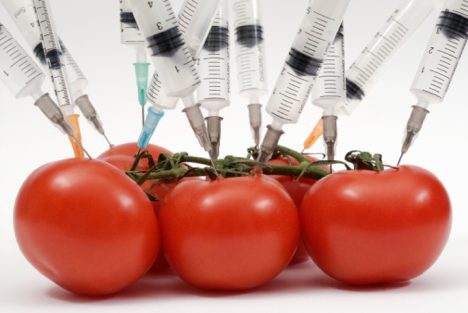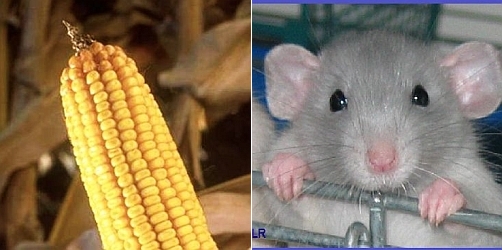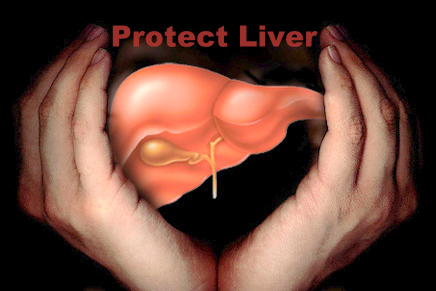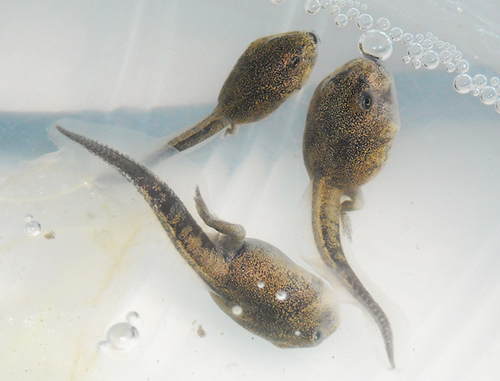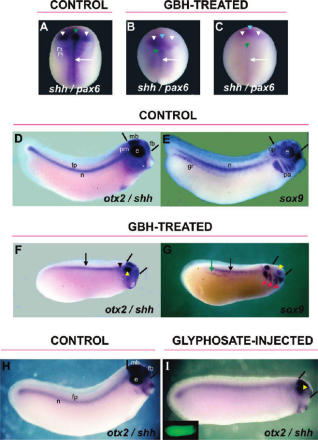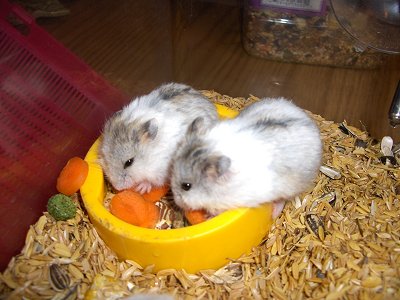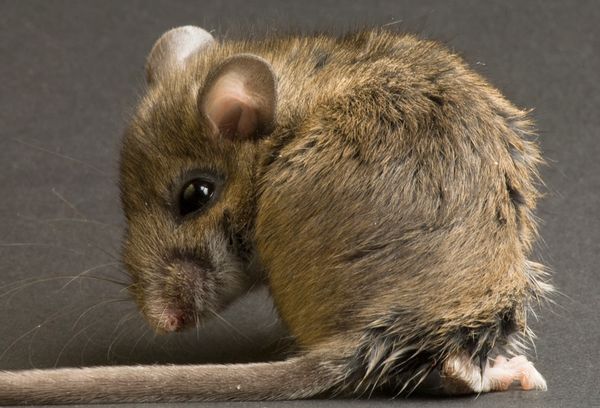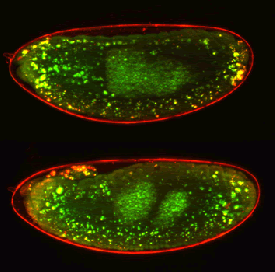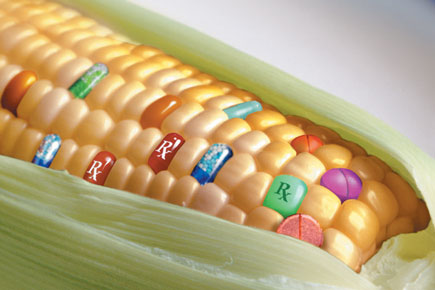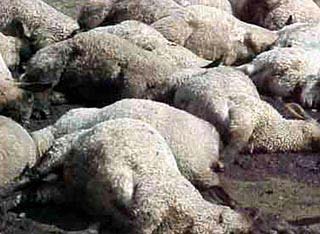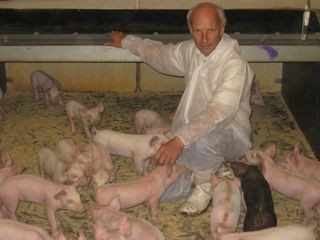Genetically modified Bt cotton plants contain a poison that protects them from their most significant enemies. As a result, these plants rely less on their own defence system. This benefits other pests, such as aphids. These insights stem from a study supported by the Swiss National Science Foundation (SNSF).
Only ten years ago, genetically modified cotton grew on 12% of all fields – today it is cultivated on over 80% of all cotton fields around the world. Bt cotton contains a gene of Bacillus thuringiensis, a species of soil bacteria. The plant uses it to produce a poison whose effects are fatal to the principal cotton pests – voracious caterpillars. However, certain types of bugs and other pests begin to spread across cotton fields instead, as is the case in China. The decline in the use of chemical pesticides may be partly responsible for this development, but it is probably not the only factor.
Spoiling their appetites
A team of researchers led by Jörg Romeis from the Agroscope Reckenholz-Tänikon Research Station has now identified a biological mechanism that offers an additional explanation for the increase in new pests in Bt cotton fields (*). Cotton plants have a sophisticated defence system. When caterpillars begin to nibble on them, they form defensive substances, so-called terpenoids. This spoils the appetite of not only the caterpillars, but of many other nibblers as well.
Also helpful against bugs?
Cotton aphids generally do not cause severe agricultural damage because they succumb to their natural enemies out in the open. His results are therefore not relevant to farming, says Romeis. However, he has for the first time revealed an indirect effect of Bt cotton: the killing of the caterpillars also affects other plant-eating insects because the plants’ defence system remains inactive. Romeis now wants to investigate whether this effect is relevant to aphids only or also to the bugs that are creating problems for cotton farmers in China and in other cotton-growing regions of the world.
(*) Steffen Hagenbucher, Felix Wäckers, Felix Wettstein, Dawn Olson, John Ruberson and Jörg Romeis (2013). Pest tradeoffs in technology: Reduced damage by caterpillars in Bt cotton benefits aphids. Proceedings of the Royal Society B online. doi: 10.1098/rspb.2013.0042
(PDF available from the SNSF; e-mail: com@snf.ch)





